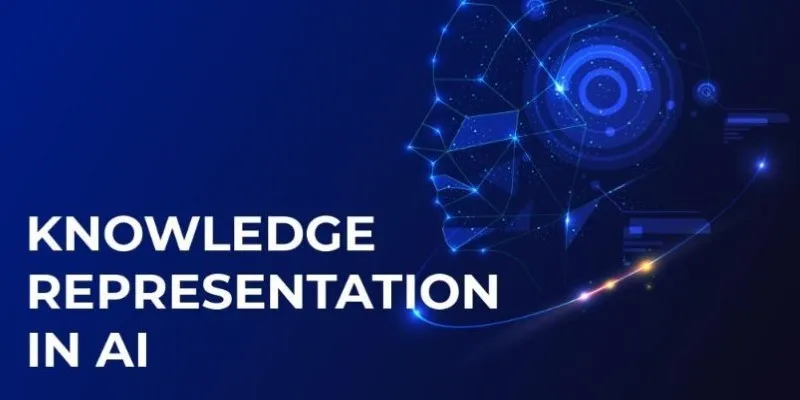The legal profession is experiencing a transformation due to artificial intelligence (AI) as this technology has evolved from a futuristic notion. AI enables legal practitioners to achieve unmatched improvements in work efficiency, accuracy, and client care services. This article explores the impact of AI technology on legal practice, highlighting its advantages and obstacles that need resolution for successful AI adoption in law firms.
The Role of AI in Modern Law
 Traditional manual
processes in the legal profession require significant resources and extensive
time to complete tasks. Legal professionals spend large amounts of time on
review work, research, and contract development, resulting in minimal returns
compared to their effort investment. AI technology optimizes legal processes,
allowing lawyers to focus on client counseling, strategy development, and
courtroom advocacy.
Traditional manual
processes in the legal profession require significant resources and extensive
time to complete tasks. Legal professionals spend large amounts of time on
review work, research, and contract development, resulting in minimal returns
compared to their effort investment. AI technology optimizes legal processes,
allowing lawyers to focus on client counseling, strategy development, and
courtroom advocacy.
1. Automating Routine Legal Tasks
AI provides several instant advantages to attorneys by automating regular legal processes, including:
Document Review
Modern AI systems enable rapid and precise evaluation of massive amounts of textual documents. For example:
- The system allows e-discovery platforms to locate relevant documents during legal proceedings through machine learning analysis.
- The program detects issues and omitted clauses in legal agreements through contract review functionality.
- Task automation saves time, reducing human errors in the work process.
Contract Drafting and Analysis
AI tools using natural language processing can perform contract creation and review tasks, such as:
- Providing recommended clauses based on established precedents or applicable jurisdictional rulings.
- Ensuring compliance with regulatory standards.
- Detecting hidden risks and unclear statements in contracts, reducing disagreements between parties due to ambiguous agreement terms.
2. Enhancing Legal Research
AI technology transforms legal research by:
- Scanning thousands of case law precedents to generate quick, relevant rulings or statute identifications.
- Analyzing cases to determine their relevance to specific search queries.
- Forecasting litigation outcomes through historical data analysis systems, aiding attorneys in developing stronger legal arguments.
- AI-powered research tools like ROSS Intelligence and LexisNexis provide accurate results that meet lawyers’ requirements.
3. Improving Client Service
AI implementation allows law firms to deliver personalized and efficient services to clients, including:
Predictive Insights
Analytical tools built on AI evaluate historical case verdicts and client communications to predict case resolutions, helping attorneys set achievable client expectations for better decision-making.
Real-Time Communication
Automated chatbots powered by AI enable continuous client assistance, freeing up lawyers to focus on complex matters. Additionally:
- Real-time translation features facilitate effective communication with clients from different countries.
- Automated reporting systems provide case updates and billing summaries, meeting various client needs.
- Implementing these innovations enhances client satisfaction, fostering transparency between lawyers and their clients.
4. Advanced Analytics for Decision-Making
AI provides pattern identification capabilities for legal professionals working on complex cases or regulatory compliance tasks, including:
- Using tools like premonition to identify patterns in judicial decisions, aiding in trial strategy planning.
- Online systems like Intraspexion offer risk assessment by identifying documents with high lawsuit potential.
- Analytical tools help benchmark performance between legal departments and competitors, enhancing courtroom performance and advisory services.
5. Cost Savings Through Efficiency Gains
Labor automation and error reduction technologies in law firms reduce operational expenses by:
- E-discovery tools reducing the need for large paralegal teams in litigation cases.
- Integrating automated billing systems for accurate invoices without human intervention.
- Implementing document automation systems to free professionals from repetitive document generation tasks.
- Cost reductions from automation allow better resource utilization and cost advantages for clients.
6. Ethical Considerations in AI Adoption
** **While AI offers
benefits to legal practice, its integration requires a thorough evaluation of
ethical challenges, including:
**While AI offers
benefits to legal practice, its integration requires a thorough evaluation of
ethical challenges, including:
Bias in Algorithms
AI platforms using biased datasets may produce prejudiced results, requiring transparency in training databases and processes.
Confidentiality Concerns
Processing sensitive client data demands strong security measures like data encryption and secure AI tools installation.
Maintaining Human Oversight
Human judgment remains essential for tasks requiring empathy, creativity, and ethical reasoning, necessitating a balance between technology and professional judgment.
7. Challenges in Implementing AI Technology
Implementing AI solutions faces various obstacles, including:
- High implementation costs, making advanced technologies inaccessible to smaller firms.
- Lack of proficiency among legal professionals in working with AI systems.
- Resistance to technological change from traditionalists in the legal profession.
Law firms can mitigate these barriers by providing training programs, fostering alliances with technology vendors, and promoting internal innovation practices.
Conclusion
The legal industry is evolving through AI, impacting all aspects of legal practice. Overcoming barriers like ethical concerns, resistance to change, and skill gaps will be crucial for successful implementation of AI in the legal profession. As AI continues to reshape legal practices, embracing this technology presents significant opportunities for legal professionals to enhance their services and adapt to modern legal environments.
 zfn9
zfn9






















